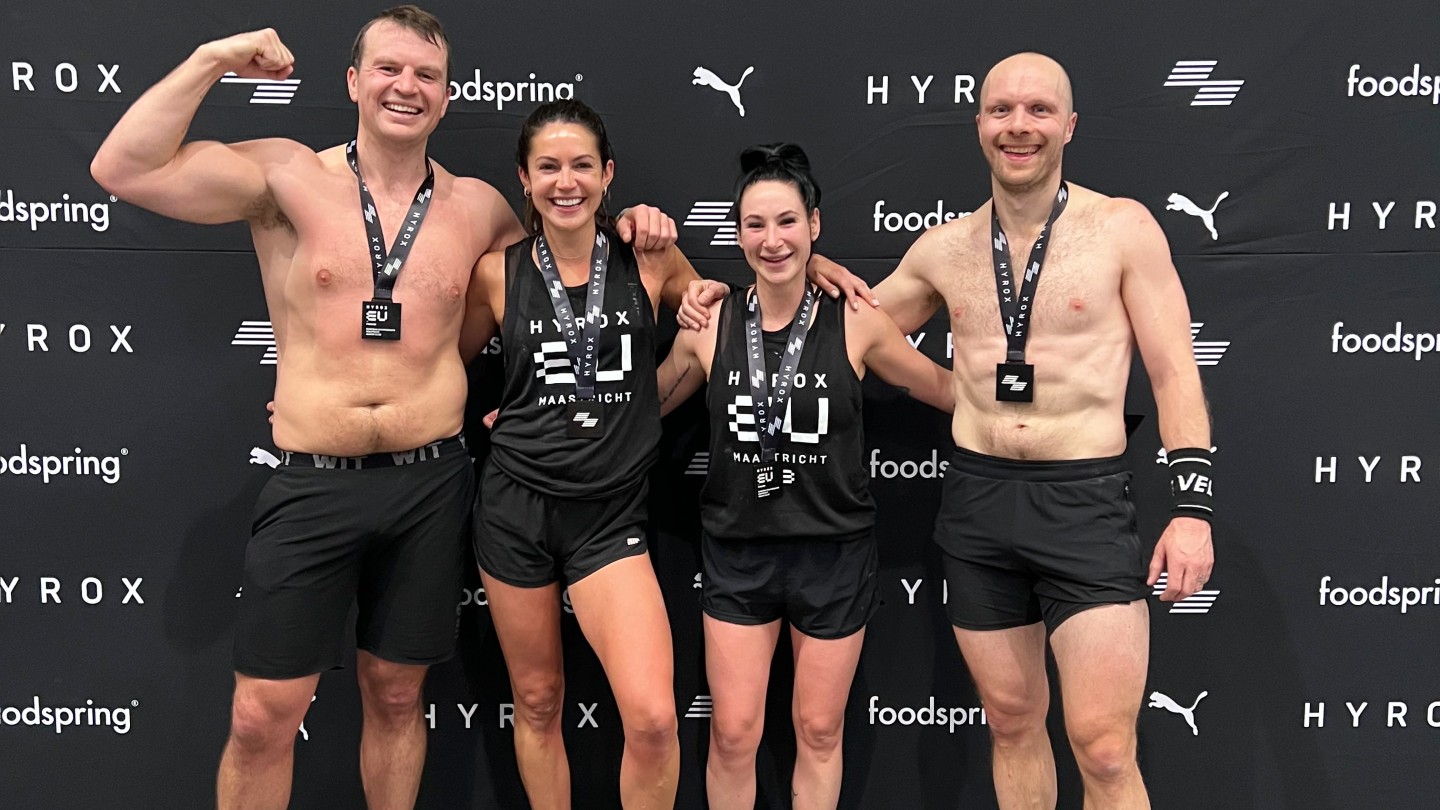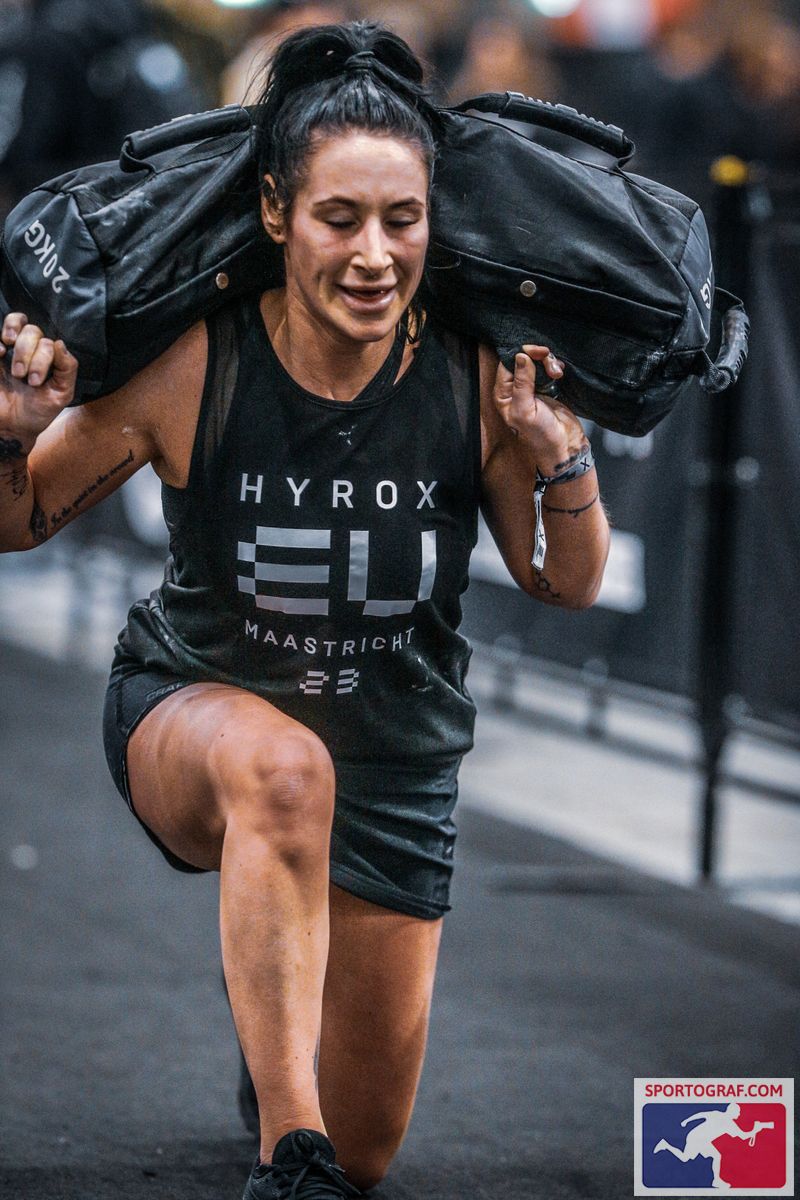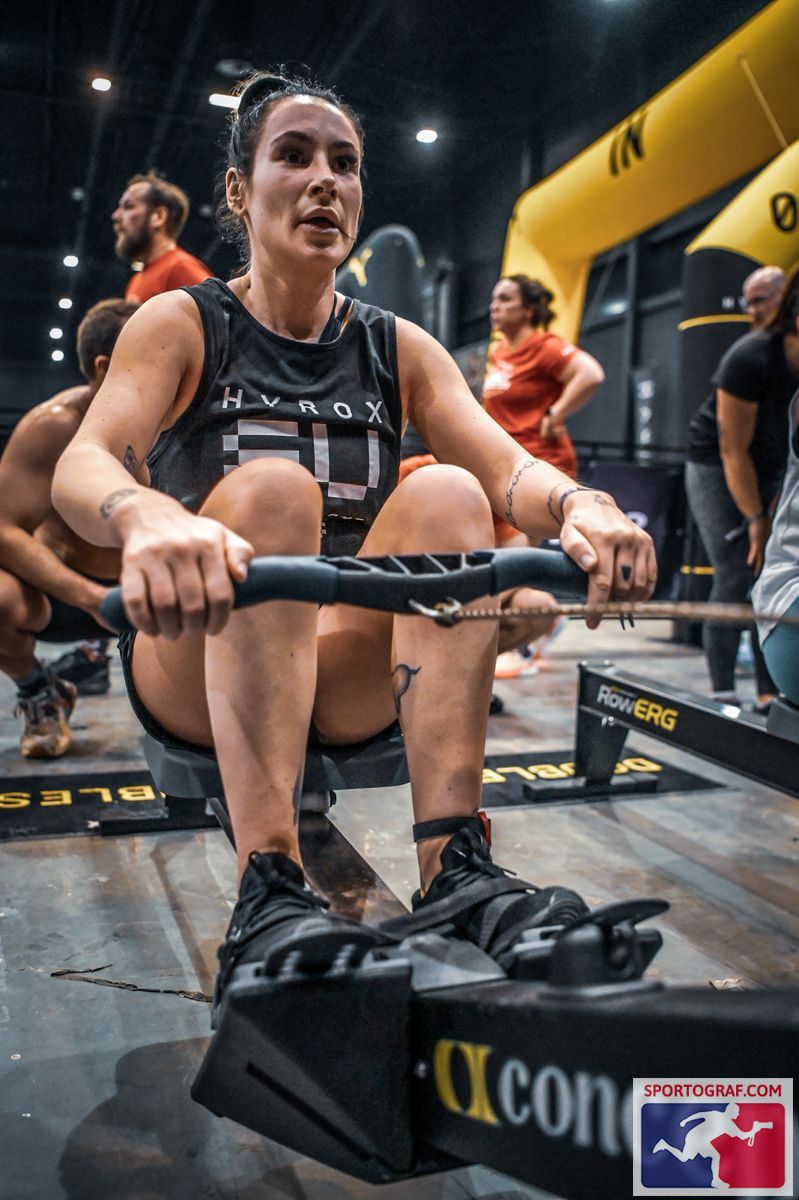
Here at Tom’s Guide our expert editors are committed to bringing you the best news, reviews and guides to help you stay informed and ahead of the curve!
You are now subscribed
Your newsletter sign-up was successful
Want to add more newsletters?

Daily (Mon-Sun)
Tom's Guide Daily
Sign up to get the latest updates on all of your favorite content! From cutting-edge tech news and the hottest streaming buzz to unbeatable deals on the best products and in-depth reviews, we’ve got you covered.

Weekly on Thursday
Tom's AI Guide
Be AI savvy with your weekly newsletter summing up all the biggest AI news you need to know. Plus, analysis from our AI editor and tips on how to use the latest AI tools!

Weekly on Friday
Tom's iGuide
Unlock the vast world of Apple news straight to your inbox. With coverage on everything from exciting product launches to essential software updates, this is your go-to source for the latest updates on all the best Apple content.

Weekly on Monday
Tom's Streaming Guide
Our weekly newsletter is expertly crafted to immerse you in the world of streaming. Stay updated on the latest releases and our top recommendations across your favorite streaming platforms.
Join the club
Get full access to premium articles, exclusive features and a growing list of member rewards.
Mass participation fitness events like CrossFit Games, Turf Games, and marathons are all designed to test participants' physical and mental abilities. But Hyrox is changing the game — and I was about to find out why.
Hyrox races are rapidly whipping up media interest and racking up over 12 million views on TikTok under #Hyrox. Hyrox was born under founders Christian Toetzke, Olympic medallist and World Champion Moritz Fuerste, and marketing man Michael Trautmann. The idea was to create an inclusive fitness workout for everyday gym-goers, pros, and elite athletes, with competitors racing against the clock to complete the same functional endurance workout under one roof.
I headed out to the Hyrox European Championships in Maastricht, Netherlands, alongside Fittest PR, to (seemingly) watch the Elite athletes race. At this point, I didn’t know that I’d be competing in the open category. I love a fitness challenge, but this was about to test my mental and physical fortitude to the next level. Find out what happened and what I learned about fitness — and myself.
What is Hyrox?
Having stamped its presence in Europe and the U.S., Hyrox is currently the world’s largest measurable mass-participation fitness race — a pretty impressive accolade considering how new to the game it is.
Functional fitness is one of the most popular ways to exercise, and we anticipate that it will continue trending this year and beyond, alongside CrossFit and the best walking workouts.
A Hyrox functional workout combines bucket loads of willpower with strength and endurance. Participants follow the same race — a 1km run, followed by one functional movement, another 1km run, and so on, eight times. Each 1km run is peppered with the following:
- 1,000-meter ski-erg
- 50-meter sled push
- 50-meter sled pull
- 80-meter broad jump burpees
- 1,000-meter row
- 200-meter farmer’s walk
- 100-meter sandbag lunges
- 75 or 100 wall balls
By combining full-body functional exercises with endurance running, you can expect to blitz calories, build strength and improve muscle endurance — without needing technical skills like snatches or cleans found in weightlifting. But most crucially, the race tests your ability to run when compromised — under fatigue. You can find out more about Hyrox and a standard Hyrox workout here.
Get instant access to breaking news, the hottest reviews, great deals and helpful tips.
I just competed at the Hyrox European Championships — here’s what I learned about my fitness
Here’s what I learned after competing at Hyrox European Championships
I’m stronger than I think
As a personal trainer, I enjoy training regularly, throwing weights around in CrossFit, or stretching out my tired limbs in yoga classes. But without specific Hyrox training under my belt, throwing myself into something new was daunting.
There are four open-level categories: singles, doubles, mixed doubles, and relay. Luckily for me, I was competing in mixed doubles. The catch? We split the work, but lift the men’s weight range. Regardless of how we chose to split exercises, we both had to complete each run together.
I rarely shy away from a challenge, but it was squeaky bum time. We finished in 1:11:39 (not too shabby), placing 51st of #147 in our heat. Aside from the deadweight of running under fatigue, I found the heavier weights doable. More than anything, I was impressed with our running pace (which I cover below) and making it over the line.
It's humbling that you can be well trained in some fields of fitness but not necessarily others. I don't recommend competing if you haven't trained, but it reminded me that I’m stronger than I give myself credit for, mentally and physically.
2. Goodbye legs

My upper body escaped without much of a beating, but my lower body suffered afterward, and my glutes, quads, and hamstrings were on fire.
Functional workouts include compound exercises. These moves recruit multiple muscle groups and joints using weights or calisthenics (bodyweight workouts) and mimic day-to-day movements like lifting, pulling, pushing, and carrying. For inspiration, check out our favorite calisthenics workout here.
Every exercise was compound, like the ski erg and farmer’s walk working your shoulders, core, and leg muscles. The sled push targets the quads, glutes, hip flexors, calves, hamstrings, core muscles, arms, chest, and shoulders, and the sled pull also works your legs and posterior chain (the back of your body), including your lower back. Both are tough strength and cardio workouts, but consider the rower — a strength and conditioning exercise that recruits a staggering 96% of muscles on average, blitzing calories and improving endurance — which we tackled for 1,000 meters in 00:04:13.
The average finish time for the event is 1:30:00, so you can imagine how much prolonged tension muscles are under. It’s fair to say I took a while on the stairs the next day.
3. Running compromized is brutal
If you’re familiar with taking long runs or training for a marathon, you’ll be familiar with the process of building endurance and battling heavy, fatigued legs. But nothing could prepare me for having to run a pacy 1km after sharing 80 meters of broad jump burpees. Aside from wall balls — which are strategically, cruelly placed at the end — this was my hardest test of endurance, cardio, and strength.
One big jump forward followed by a burpee along an 80-meter track might not sound particularly tough, but sandwiched between two runs? Ouch. Interestingly, the stats flagged this as my weaker area, thanks to a chip worn on my ankle. I could track every moment of the race, noting areas to improve and how to plan tactically for training based on my results.

Our fastest lap was the second at 05:14, and our slowest was the first, at 05:49. Average pace sat somewhere between 05:20-05:34, but our splits after the broad jump burpees and weighted sandbag lunches were slightly slower. I vaguely remember this, as I had to have a motivating word with myself, digging into reserves of resilience. As my partner said, “it depends on how much you want it to hurt.” And it did.
4. I learned a lot
I didn’t train for Hyrox, so there’s a lot of work to do before the next race. While I know most exercises can improve with fine-tuning, I learned my sled pull and wall balls need work, especially on technique and energy efficiency.
I sought the advice of Hyrox founder Toetzke, who reassured me there’s a method to the madness. First, he recommends training at a heavier weight than you’ll compete with, which is a clever advantage. Secondly, he advises building up your endurance with plenty of repetition of the exercises, which never change.
According to Toetzke, this was tactical. The event is scalable, meaning you can train to improve — like with a marathon or triathlon. He adds that plenty of running should be the foundation of any Hyrox training plan. As a beginner, Hyrox partner gyms flesh out the race format in training, working on the same functional movements while adding cardio sessions designed to help your body recognize and adapt to load and perform under fatigue.
If you fancy giving a Hyrox-style workout a go or plan to train for a Hyrox race, you can find plenty of workout inspiration on their socials. It looks like I’ll be writing from the gym from now on.
In the meantime, find the best massage guns to soothe achy muscles. And I did the farmer’s walk every day for a week, here’s what happened to my body.

Sam Hopes is a level 3 qualified trainer, a level 2 Reiki practitioner and fitness editor at Tom's Guide. She is also currently undertaking her Yoga For Athletes training course.
Sam has written for various fitness brands and websites over the years and has experience across brands at Future, such as Live Science, Fit&Well, Coach, and T3.
Having coached at fitness studios like F45 and Virgin Active and personal trained, Sam now primarily teaches outdoor bootcamps, bodyweight, calisthenics and kettlebells.
She also coaches mobility and flexibility classes several times a week and believes that true strength comes from a holistic approach to training your body.
Sam has completed two mixed doubles Hyrox competitions in London and the Netherlands and finished her first doubles attempt in 1:11.
 Club Benefits
Club Benefits










